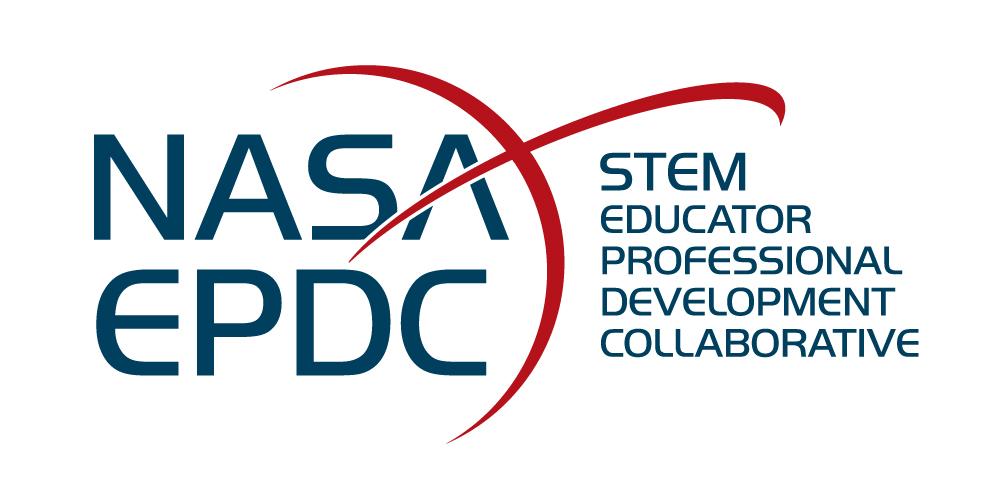| 0 | Brian Mobbs (AimeeWeber Studio): Brian Mobbs is the CTO of Aimee Weber Studio and holds a Master's Degree in Computer Science and a Bachelor’s Degree in Aviation Management/Flight Operations. Mr. Mobbs has nearly 15 years of experience managing and developing 3D virtual environments and online communities for educational, commercial, and military applications. His roles include project management, software development, as well as creating 3D content, user interfaces, and graphic design across various platforms. Mr. Mobbs specializes in taking complex, abstract ideas and translating them into experiences that are accessible, visual, and engaging, including for the vMAX project. |
| 0 | Isabel Leeder (Frost Museum of Science): Isabel Leeder has a Bachelor’s of Science in Biology and a Master’s Degree in Teaching and Learning with Technology Integration. She has nine years of experience in the classroom and holds a teaching certificate for the Florida Department of Education in Biology, Technology and Mathematics. She has been writing curriculum and leading professional development for the Patricia and Phillip Frost Museum of Science for over fifteen years. |
Marilé Colón Robles is the Educator Professional Development Specialist at NASA Langley Research Center and serves the states of Virginia, West Virginia, Kentucky, North Carolina and South Carolina. She creates and teaches professional development workshops for pre-service and in-service teachers as well as informal educators all over the country, delivering these opportunities in both English and Spanish and is part of the Students’ Cloud Observations On-Line (S’COOL) team delivering professional development on clouds and climate. Marilé began her career with NASA in 2010 as an Informal Educator where she curated and developed content for the Hispanic Education Initiative’s bilingual website, organized and hosted teacher professional development workshops, museum events, and STEM summer camps. She has also developed interactive STEM games and taught virtual lessons in Spanish to K-12 classrooms all over the country through NASA’s Digital Learning Network. Prior to joining NASA, Marilé was a graduate research assistant examining interactions between clouds and aerosols and their impact on Earth’s energy balance while earning her graduate degree in Atmospheric Sciences at the University of Illinois at Urbana-Champaign. | |
| 0 | Sharon Bowers is a STEM Education Specialist and the Associate Director for the Center for Integrative STEM Education at the National Institute of Aerospace. In this role she is the coordinator for McDaniel College’s Elementary STEM Instructional Leadership Program, teaches graduate STEM classes, develops resources and manages NASA engineering challenges within virtual world settings, and develops and provides STEM education professional development. She recently earned her doctorate in Integrative STEM Education from Virginia Tech focusing on STEM education and elementary teachers. |
| 0 | Lindsay Bartholomew is Science Curator at the Patricia and Phillip Frost Museum of Science. She holds Bachelor’s and Master’s Degrees in Physics and Astronomy, and has 14 years experience in both formal and informal education. She currently develops content, programs, and exhibitions for the new Patricia and Phillip Frost Museum of Science facility. Ms. Bartholomew has also managed several federal grant projects, including those from NASA and the US Department of State, focusing on using technology and real-world experiences to engage students in STEM content and related careers. She is currently Co-PI of the vMAX project. |






